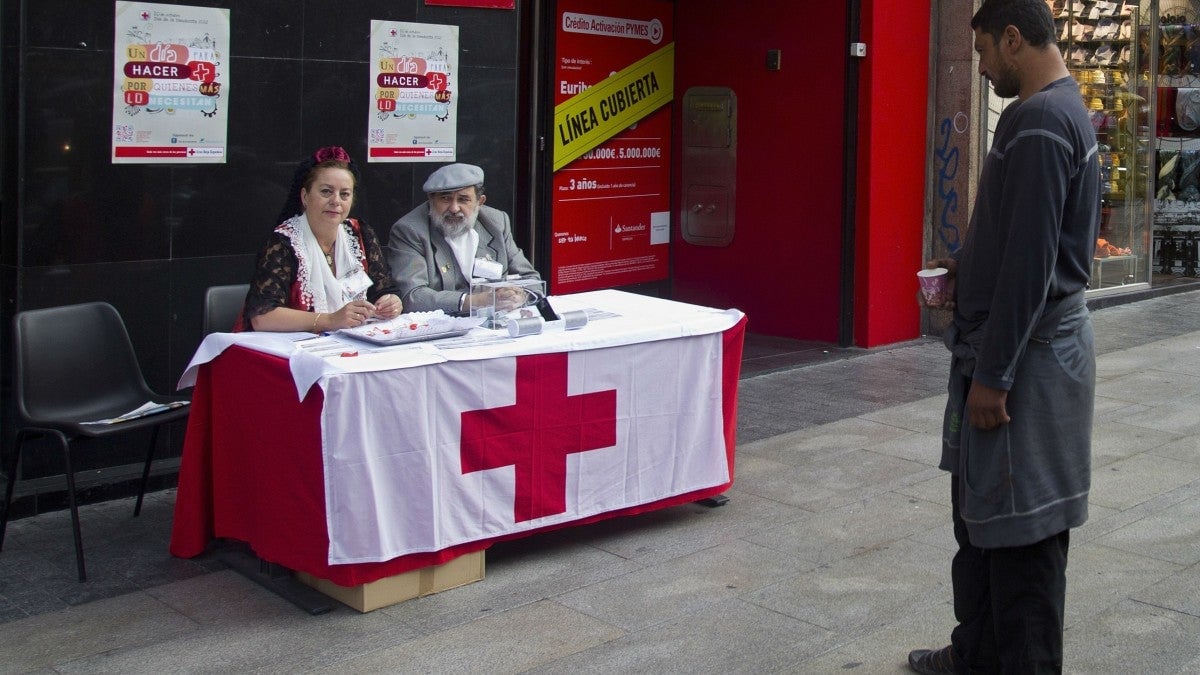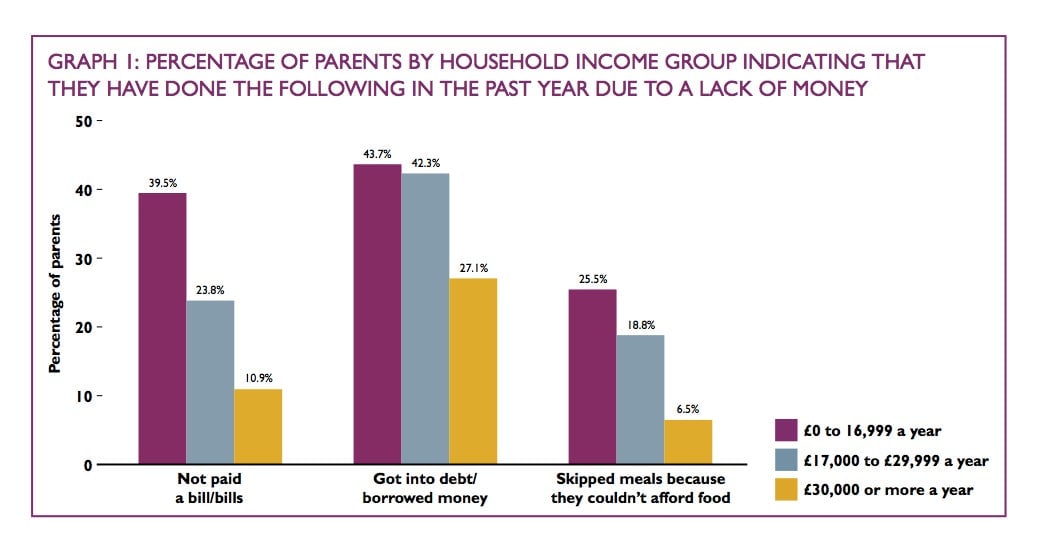Aid organizations used to third-world problems are now helping Europe’s “new poor”
Christine Lagarde, head of the International Monetary Fund (IMF), said today that Europe’s austerity measures have been too harsh (paywall). The Red Cross could have told you that a long time ago.

Christine Lagarde, head of the International Monetary Fund (IMF), said today that Europe’s austerity measures have been too harsh (paywall). The Red Cross could have told you that a long time ago.
The organization’s Spain chapter announced yesterday a new campaign to raise €30 million ($38.8) in donations, not for some war-torn or drought-plagued nation, but to help 300,000 Spaniards suffering at home. Harsh austerity measures designed to right the troubled economy (and comply with EU budget rules) have plunged Spain deeper into recession, leaving one in four Spaniards unemployed and tens of thousands in serious need.
Issuing the new appeal, the Red Cross wrote:
A few years ago it was hard to imagine: traditionally strong western National Societies organising soup kitchens for hundreds of thousands of citizens and distributing blankets to new groups of homeless people in their 50s or 60s.
In Spain, 82% of the people supported by the Red Cross are living below the poverty line, and half of the unemployed people currently assisted have been out of the job market for more than two years.
It’s not just in Spain. In Italy, where demands for food are increasing, the Red Cross chapter will soon launch an in-depth assessment of health and social welfare conditions across the country. In Hungary, demands at its food programs are increasing, and there’s also a program to reconnect homes with electricity cut off because of unpaid bills. Even in Finland, where the economy is faring better than in other euro-zone countries, the Red Cross has set up 44 health and welfare centers to counsel the long-term unemployed.
Giovanni Zambello, from the umbrella organization, the International Federation of Red Cross and Red Crescent Societies, says these initiatives are designed to help Europe’s ”new poor”.
There is a new class of homeless and they belong to groups that were not vulnerable before. This is the single man who was middle class, but now finds himself asking the Red Cross for help. We’re trying to advocate for this group who are ignored by donors and the media.
Red Cross statistics paint an alarming picture. In the European Union, 79 million people live below the poverty line, while some 16 million have received food aid from charities. The situation has deteriorated dramatically since 2008. Unaddressed, problems such as unemployment, debt, and social exclusion could become chronic.
Other charities typically associated with crises abroad are also looking inward. Caritas Internationalis has recently started a campaign in Portugal to collect food and hygiene products for people hit by the crisis. In Athens, it is giving out milk and diapers to people with young children. In Rome it has launched a second “supermarket” to give away free food to people with economic problems. The first one wasn’t enough.
Last month, Save the Children launched a new £500,000 initiative to help children in the UK, increasingly made vulnerable by the crisis. Spokesman Mervyn Fletcher says 1.6 million children in the UK are living in severe poverty. “You’re looking at an increasing number of families choosing between paying for heating or eating and struggling to get by on the incomes they earn.” Along with the fund-raiser, Save the Children published a new study in September highlighting the experiences of families living in recession-hit Britain. The graph below shows the choices people are facing:

Back in Spain, the situation isn’t expected to improve any time soon, as the Spanish government enacts €27 billion in 2012 budget cuts made to healthcare, education, public salaries and other areas. These cuts follow a 2011 budget of tax hikes and more spending cuts. To make matters worse, S&P downgraded Spain’s credit rating to one notch above “junk” status on Oct. 10. This is already pushing up borrowing costs and adding pressure on the government to request an international bailout—which roughly translates as financial aid in exchange for continuing austerity.